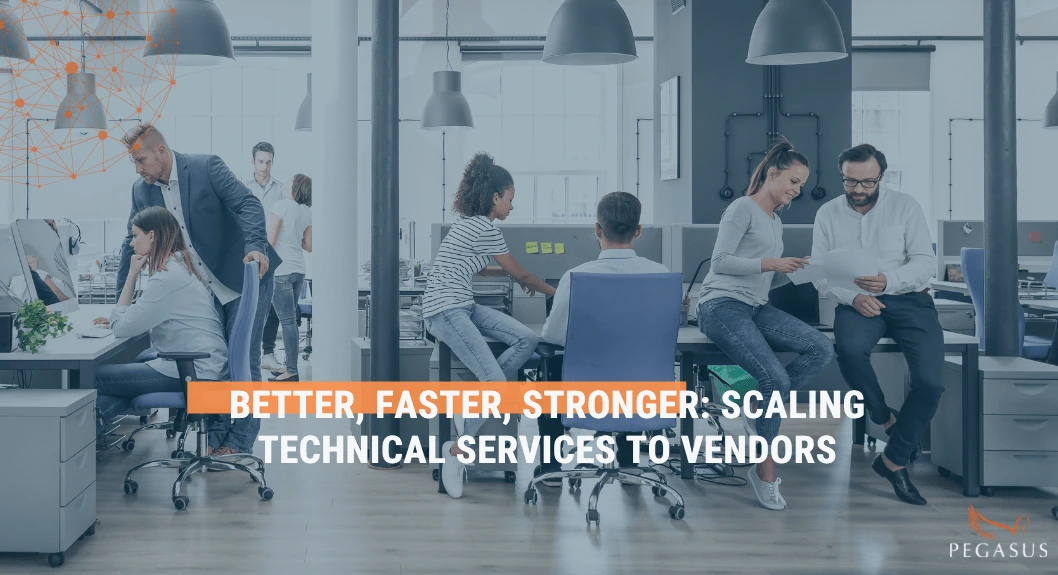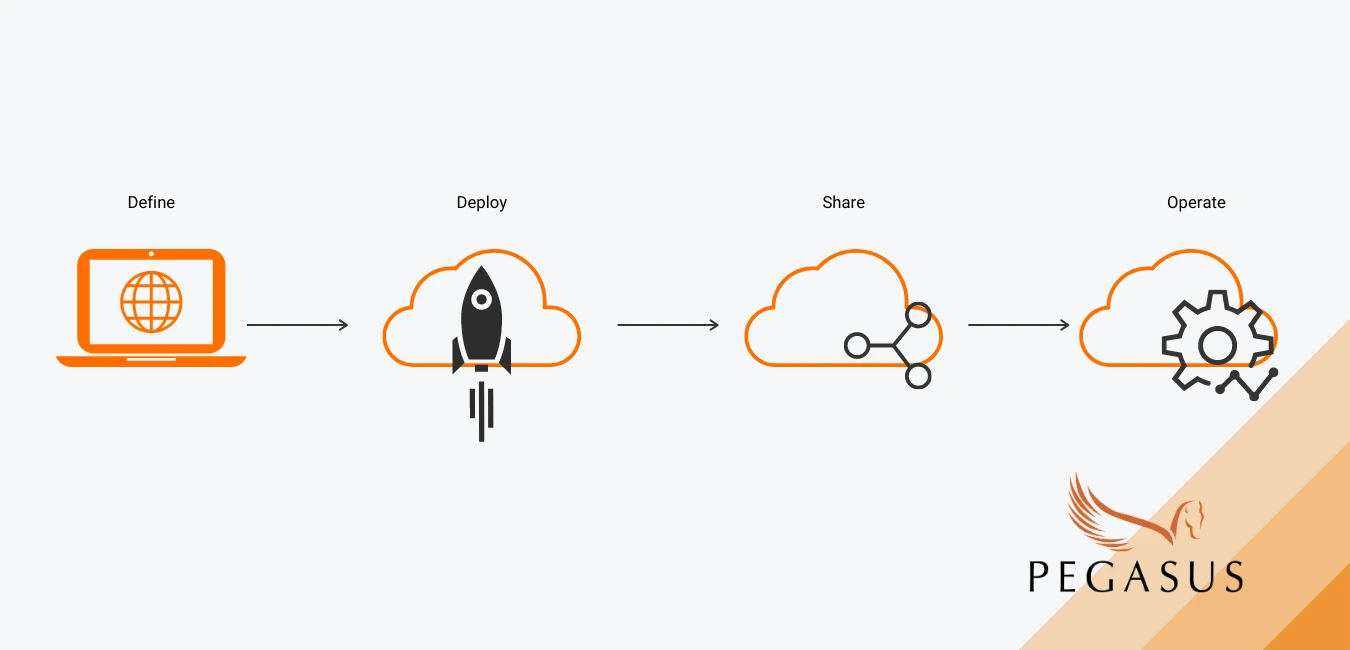Better, faster, stronger: Scaling technical services to vendors
The world has changed. In 2022, you can change, too. Scale faster, scale wider with

The world has changed. In 2022, you can change, too. Scale faster, scale wider with

Partnering certain skills through strategic partnership can prevent diversion of resources—time, money and people—toward building

Forging a strong human connection is key to good customer support and long-term client retention.

APIs aren’t just for connecting clients with services. In 2021, they’re for building bridges between

The proliferation of technologies like Big Data, cloud computing, and IoT, and trends like diverse workflow solutions are some key reasons behind its massive growth. To help you understand this technology more comprehensively, we have discussed all its significant aspects.